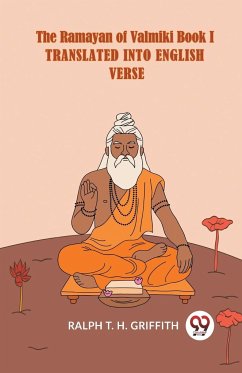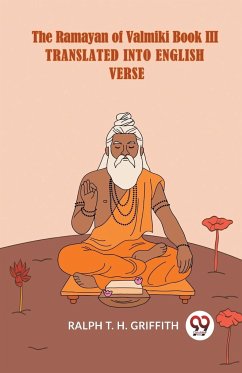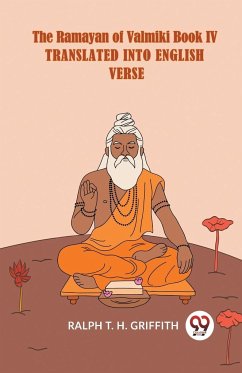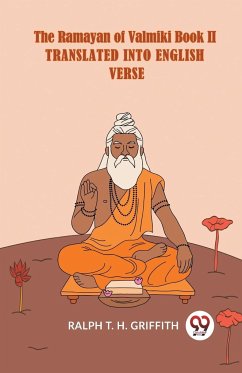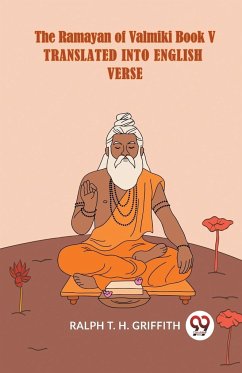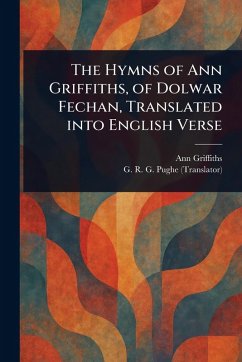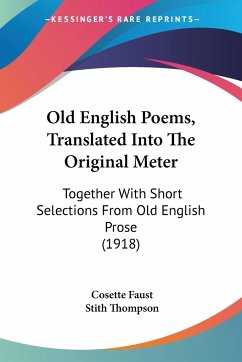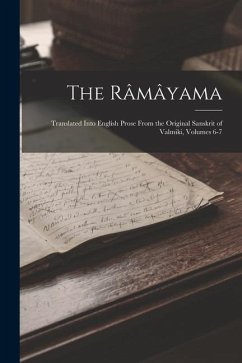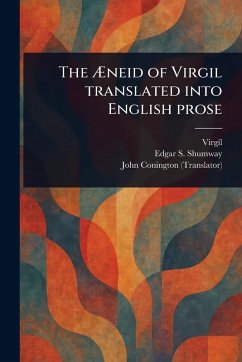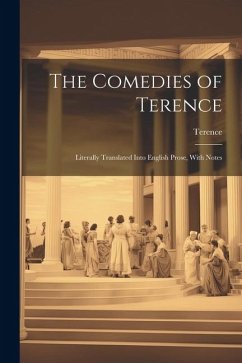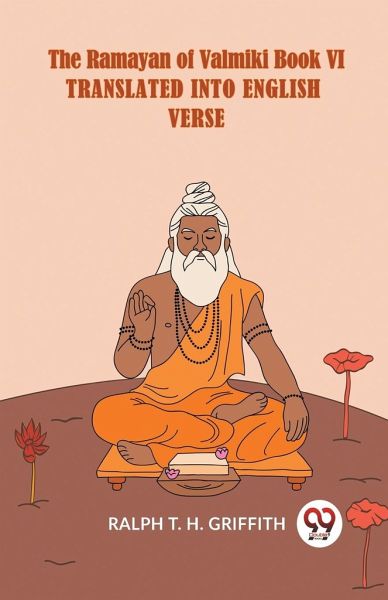
The Ramayan Of Valmiki Book VI Translated Into English Verse English
Versandkostenfrei!
Versandfertig in 1-2 Wochen
21,99 €
inkl. MwSt.

PAYBACK Punkte
11 °P sammeln!
"Book 6 of 'The Ramayana of Valmiki,' referred to as 'Uttarakanda,' is the concluding bankruptcy of this undying Indian epic, authored by way of the sage Valmiki and skillfully translated into English through Ralph T. H. Griffith. This book brings to a close the epic saga of Lord Rama and his divine journey. 'Uttarakanda' selections up the narrative after Rama's effective rescue of his wife, Sita, from the clutches of the demon king Ravana. The book maintains to discover the challenges and complexities of their go back to Ayodhya and the tests that Sita faces concerning her chastity. It result...
"Book 6 of 'The Ramayana of Valmiki,' referred to as 'Uttarakanda,' is the concluding bankruptcy of this undying Indian epic, authored by way of the sage Valmiki and skillfully translated into English through Ralph T. H. Griffith. This book brings to a close the epic saga of Lord Rama and his divine journey. 'Uttarakanda' selections up the narrative after Rama's effective rescue of his wife, Sita, from the clutches of the demon king Ravana. The book maintains to discover the challenges and complexities of their go back to Ayodhya and the tests that Sita faces concerning her chastity. It results in Sita's voluntary exile into the earth, an emotionally charged and profound second in the epic. This phase additionally delves into the crowning of Rama because the king of Ayodhya, marking a duration of prosperity and justice under his rule. However, it's also marred by using the banishment of a pregnant Sita, who takes safe haven within the sage Valmiki's ashram, in which she gives beginning to Rama's sons, Lava and Kusha. Ralph T. H. Griffith's translation maintains the intensity and splendor of the unique text, providing a complete and available model of 'Uttarakanda.' This e-book, though a continuation of the epic's narrative, is awesome in its subject matters of justice, morality, and the final victory of righteousness.





